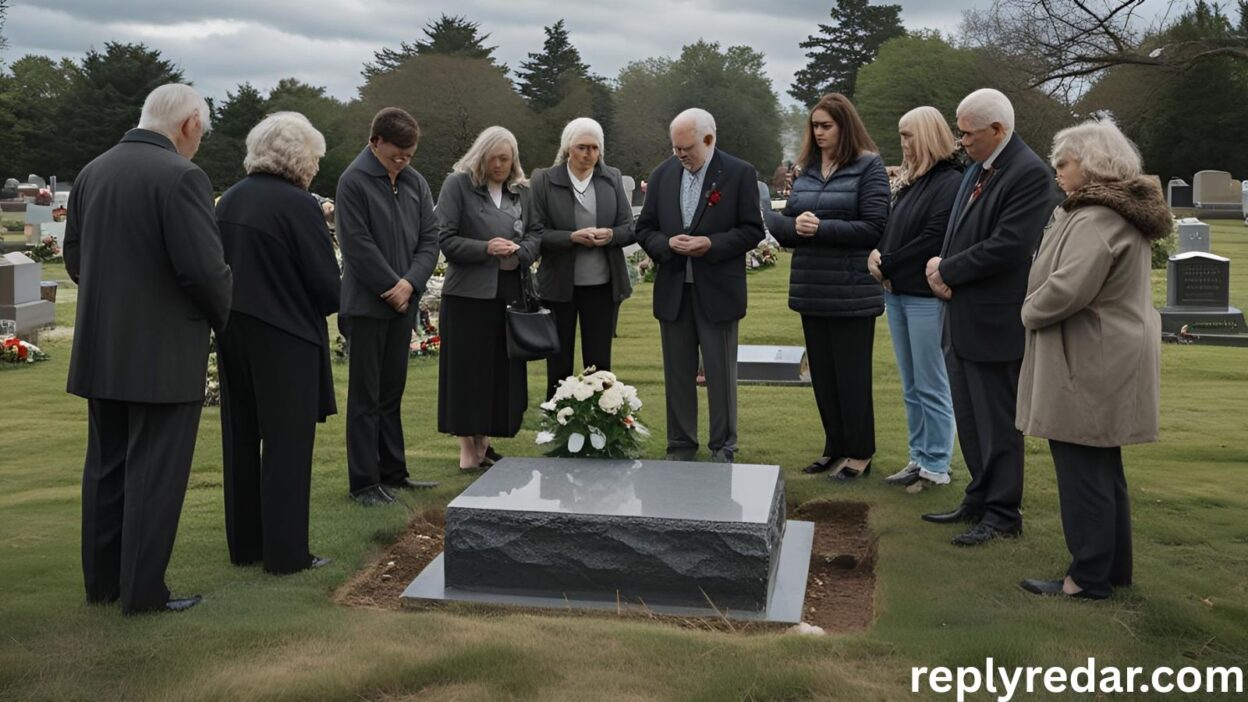Losing someone hurts deeply, and finding what to say at a funeral can feel overwhelming. You want to honor the person who passed, comfort their loved ones, and express your feelings—without saying the wrong thing.
Funerals are emotional moments where words carry weight. Whether you’re speaking to the family, giving a eulogy, or offering condolences, choosing the right words matters.
This guide will help you navigate these moments with care and confidence. From practical tips to real-life examples, we’ll explore how to share heartfelt words that bring comfort. Let’s find ways to speak from the heart while respecting the moment.
Understanding the Purpose of Your Words
Funerals are for remembering, grieving, and supporting each other. Your words should show respect, offer comfort, or share a memory. Think about your role—are you a close friend, family member, or acquaintance? This shapes what you say. For example, as a friend, you might share a happy memory. As a coworker, you might focus on the person’s kindness.
Scenario: At a colleague’s funeral, you’re unsure what to say to their spouse.
Example of what to say: “I’m so sorry for your loss. John’s warmth made our workplace brighter. I’m here for you.”
What not to say: “He’s in a better place.” (This can feel dismissive to someone grieving.)
Keep it simple, sincere, and focused on the person who passed or the family’s needs.
Offering Condolences to the Family
Saying something kind to the grieving family is a key part of what to say at a funeral. Your goal is to show you care without overwhelming them. A short, heartfelt message works best. Focus on their loss, not your own feelings, and avoid clichés like “everything happens for a reason.”
Scenario: You’re at a funeral and approach the deceased’s sibling.
Example of what to say: “I’m deeply sorry about Sarah. Her laughter was contagious, and I’ll always remember her kindness.”
What not to say: “You’ll get over this soon.” (This minimizes their pain.)
If you didn’t know the person well, a general condolence like, “My heart goes out to you and your family,” is enough. Always speak slowly and give them space to respond—or not.
Sharing a Memory During a Eulogy
If you’re giving a eulogy, sharing a personal memory can make your words meaningful. Pick a story that shows the person’s character, like their generosity or humor. Keep it short and practice beforehand to stay calm. The focus is on celebrating their life.
Scenario: You’re speaking at your aunt’s funeral.
Example of what to say: “Aunt Lisa always baked extra cookies for the neighbors. Her kindness taught me to care for others.”
What not to say: “She wasn’t perfect, but who is?” (Avoid negative tones.)
Write down your thoughts to stay organized. If emotions hit, pause and breathe—it’s okay to show you care. Your story can bring comfort and smiles to those listening.
Supporting Friends After the Funeral
Funerals don’t end grief, so knowing what to say at a funeral extends to follow-up support. Check in with friends or family days or weeks later. Offer specific help, like bringing a meal or just listening. Avoid saying, “Let me know if you need anything,” as it puts the burden on them.
Scenario: Your friend lost their parent, and you call a week later.
Example of what to say: “I’m thinking of you. Want to grab coffee and talk about your dad?”
What not to say: “You must be feeling better now.” (Grief doesn’t have a timeline.)
Small gestures, like a text saying, “I’m here,” show you care. Be patient—grief can last a long time, and your support matters.
Avoiding Common Mistakes
Even with good intentions, some words can hurt. Knowing what to say at a funeral also means knowing what not to say. Avoid phrases that compare losses, like “I know how you feel,” or suggest moving on quickly. Don’t share unsolicited advice or religious beliefs unless you know they’re welcome.
Scenario: You’re comforting a grieving cousin.
Example of what to say: “I’m so sorry about Uncle Mark. I’m here to listen whenever you need me.”
What not to say: “At least he lived a long life.” (This can feel like it dismisses their sorrow.)
If you’re unsure, stick to simple condolences or just say, “I don’t know what to say, but I’m here for you.” Honesty is always appreciated.
Handling Your Own Emotions
Funerals can stir up your own feelings, and that’s normal. If you’re nervous about what to say at a funeral, take a moment to breathe. It’s okay to cry or pause while speaking. Focus on the person you’re honoring, not your anxiety. If you’re too emotional, a short, sincere sentence is enough.
Scenario: You’re teary while speaking to a friend’s family.
Example of what to say: “I loved Jane’s smile. I’m so sorry—she meant so much to me.”
What not to say: “I can’t stop crying; this is so hard for me.” (Keep the focus on their loss.)
Practice your words if you’re nervous. Writing them down can help you feel prepared and keep your emotions in check.
Final Thoughts
Navigating what to say at a funeral is about showing love, respect, and support. Whether you’re offering condolences, sharing a memory, or checking in later, your words can bring comfort.
Keep them simple, sincere, and focused on the person who passed or their loved ones. Avoid clichés or comparisons, and don’t be afraid to show your emotions—
it’s a sign you care. By speaking from the heart, you honor the moment and help others feel less alone in their grief. Take a deep breath, and let your words be a light in a dark time.




